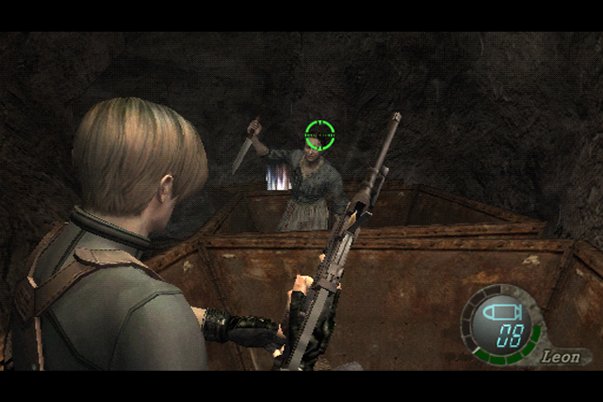How the Wii has changed gaming, one year later
It's the Wii's birthday, but just what has it acheived?
Lazy cash-ins and ports
The bane of the world’s more hardcore Wii owners for most of this first year, as well as the favourite battle cry of the console’s detractors, has been the lack of good quality ‘real’ games. And those waggle-bashers have certainly had a point. Despite massive hardware sales, the first year of the Wii’s life has seen the market flooded with all manner of games low in substance and production values but high in the gimmick factor. In short, the sort of thing which would be ideal as a bargain price downloadable game, but as a full price retail game? No thanks.
Worse still, we’ve seen the hardcore market frequently ‘catered for’ with a selection of contrived ports from last-gen machines, unimproved but for some tacked-on motion control. It’s a sad day when the rest of the world is getting excited about Resident Evil 5, but your console only has a new version of a two year old precursor to show for itself. The route of all this fluff? A culture of rushed and lazy cash-in development.

The Wii came out of nowhere. Even those who loved it had no idea how big it was going to be. As a result, all of those third-party developers who’d spurned Nintendo like the hot girl’s ugly friend during the Gamecube era were caught unprepared. This meant that we quickly ended up with shelves full of glorified Wii remote tech demos and waggled-up versions of games we’ve played before, and where the Wii was supposed to incite innovation, for a period it was choked with a lack of imagination or originality.
The experiences the Wii promised are coming through now, this winter providing a major turning point in game quality, but we’ve unfortunately had to play through a lot of pap during the wait.
Weekly digests, tales from the communities you love, and more



